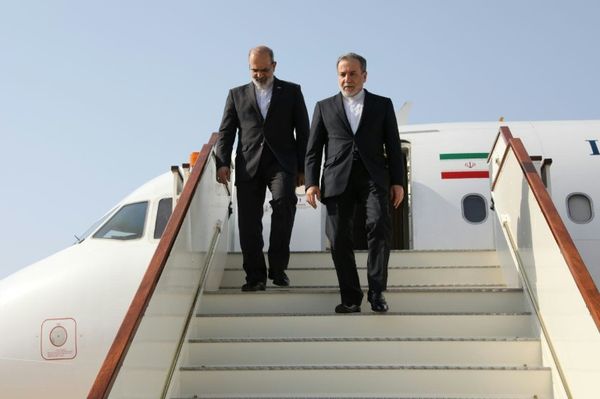Boeing gave a free cash outlook well above Wall Street's estimates at its investor day Wednesday on expectations for rising jet deliveries. BA stock rose, regaining a key level. But key Boeing suppliers fell.
In 2022, Boeing expects to generate $1.5 billion-$2 billion in free cash flow (FCF), management told investors Wednesday. Wall Street was expecting FCF of $670.3 million for the full year. The plane maker now expects $3 billion-$5 billion in FCF in 2023 as 737 and 787 deliveries ramp up. By 2025-26, Boeing projects $10 billion in FCF and $100 billion in revenue.
Boeing's FCF peaked at $13.6 billion in 2018, followed by three years of cash burn, FactSet shows.
The Dow Jones aviation and defense giant said Wednesday that it expects to deliver about 375 of its top-selling 737 jet in 2022, rising to 400-450 next year. By 2025-26, Boeing is forecasting about 800 commercial deliveries, including the 737 and the 787 Dreamliner jet. Year to date, Boeing has delivered 277 units of the 737 jet and 9 units of the 787, the company said earlier in October.
Boeing's top-selling 737 Max returned to service in December 2020 after two fatal flights led to worldwide groundings. Deliveries of the 787 resumed last quarter after manufacturing issues. Plane makers receive the bulk of payment from airlines and other customers after jets are delivered.
Previously, on Oct. 26, the Dow Jones aviation and defense giant merely said it continues to expect a return to positive free cash flow this year, as customers like Alaska Air Group order more 737 jets. Management uses free cash flow as a measure to assess business performance and overall liquidity.
On Oct. 26, Boeing also posted a surprise loss for the third quarter, with challenges in its defense segment offsetting commercial aviation gains.
For the full year, Wall Street analysts now expect a net loss of $6.39 per share. They expect annual Boeing earnings to return in 2023, after four years of losses.
Ahead of Wednesday's event, many investors were hoping for details on production and delivery goals for the top-selling 737 Max jet, which drives Boeing earnings and free cash flow, as well as its larger 787 sibling.
IBD Live: A New Tool For Daily Stock Market Analysis
BA Stock
Shares of Boeing rose 2.7% to 147.31 amid a broad decline on the stock market today. BA stock reclaimed its sliding 50-day line but closed well off session highs. BA stock reversed lower on Oct. 26, plunging nearly 9% on the big Q3 earnings miss. Boeing stock is now back near the Oct. 26 highs.
Rival plane maker Airbus fell 2.2% Wednesday. Key Boeing suppliers General Electric and Spirit AeroSystems fell 0.9% and 0.5%, respectively, closing near session lows.
Spirit AeroSystems provides fuselages for the 737 Max. A GE joint venture supplies engines for the jet.
BA stock has a bottoming base with a 173.95 buy point.
Boeing Outlook
Boeing suffered from the collapse in commercial and business air travel during the pandemic. It also faced setbacks to key defense programs.
The company is working on a turnaround while recession fears grow and supply disruptions persist.
"While many investors are focused on what Boeing's guide will be, we are looking for much more," BofA Global Research analyst Ronald Epstein wrote in a note to clients Tuesday, ahead of the event.
The analyst added: "If we are ever to see anything close to BA's peak valuation again, meaningful change must take hold across the company. We look for how BA seeks culture change while balancing investments, supply woes, inflation, de-levering balance sheet." Epstein maintained a neutral rating on Boeing stock with a price target of $165.







